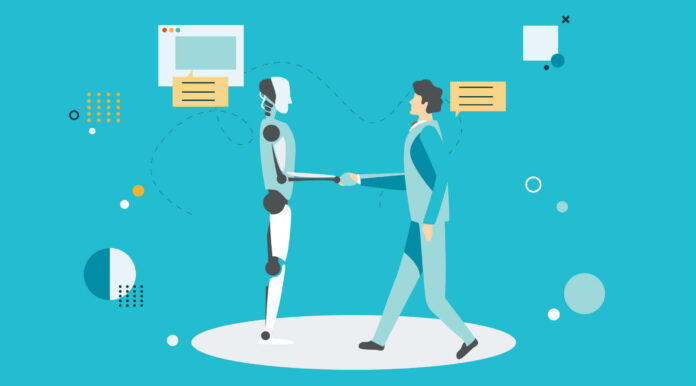
The world of recruitment has undergone a transformation in the past decade with the advent of automation and artificial intelligence. The traditional process of recruitment has been replaced with automated talent acquisition that employs AI to search, screen, and select candidates. The use of artificial intelligence has revolutionized the hiring process by reducing the time and effort required to identify the right candidate.
Advantages of using AI for recruitment
Automated talent acquisition has several advantages over traditional recruitment methods. Firstly, it saves time and effort by automating the initial stages of the recruitment process. AI algorithms can screen resumes, match candidates to job descriptions, and even conduct initial interviews. This frees up HR professionals to focus on more complex tasks such as assessing soft skills and cultural fit. Visit experts at elevatus.io and discover how AI can revolutionize your talent acquisition strategy and improve hiring outcomes.
Artificial intelligence can reduce bias in the recruitment process. Human biases can result in unfair hiring practices, which can have serious consequences for organizations. Artificial intelligence, on the other hand, can be programmed to identify and eliminate bias, resulting in a fair and unbiased recruitment process.
It can also improve the quality of hires. Algorithms can analyze large datasets to identify the key traits of successful employees. This information can then be used to identify candidates with the right skills and characteristics to succeed in the organization.
What about the challenges?
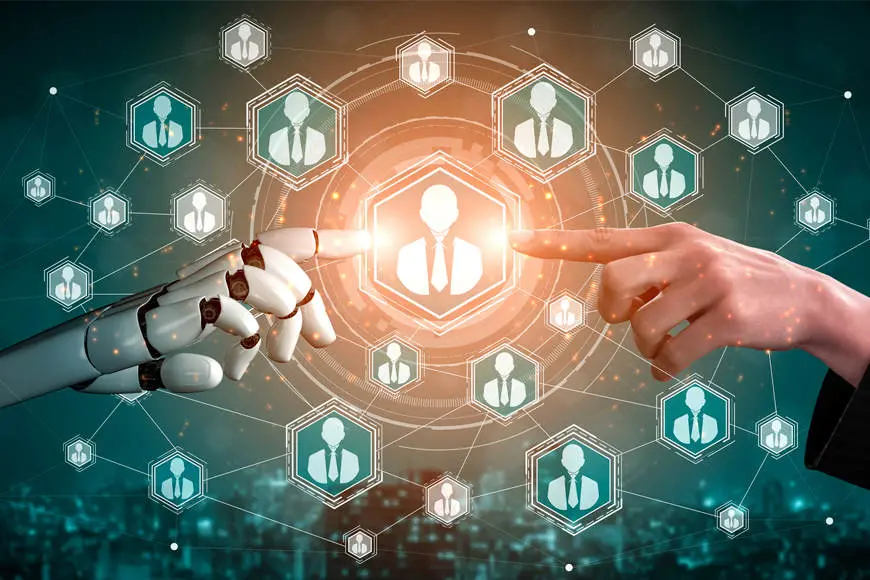
Despite its advantages, there are several challenges associated with using AI in recruitment. Firstly, there is the challenge of data quality. AI algorithms rely on large datasets to identify patterns and make predictions. If the data used to train the algorithm is biased or incomplete, the algorithm may produce biased or inaccurate results.
Organizations must ensure that their algorithms do not discriminate against candidates based on factors such as age, gender, race, or ethnicity.
There is the risk of privacy violations. Artificial intelligence algorithms may require access to sensitive information such as social media profiles and personal data. Organizations must ensure that they comply with data protection regulations and maintain the privacy of candidates.
As mentioned earlier, AI algorithms can be complex and difficult to understand, making it difficult for HR professionals to assess the validity of the results. Organizations must ensure that they are transparent about the use of AI in recruitment and provide candidates with clear information about how their data is being used.
Types of AI tools and algorithms used in recruitment
There are several types of artificial intelligence tools and algorithms used in recruitment. These include:
- Natural Language Processing (NLP) – NLP algorithms can analyze resumes and cover letters to identify keywords and phrases that match the job description.
- Machine Learning – Machine learning algorithms can analyze large datasets to identify patterns and make predictions about candidate suitability.
- Chatbots – Chatbots can be used to conduct initial interviews and answer common questions from candidates.
- Predictive Analytics – Predictive analytics algorithms can analyze data from past hires to identify the key characteristics of successful candidates.
The role of machine learning in talent acquisition
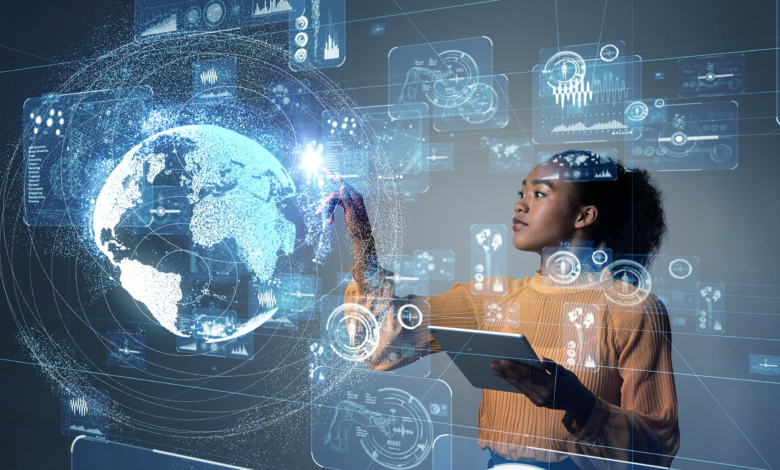
Machine learning plays a critical role in automated talent acquisition. Machine learning algorithms can analyze large datasets to identify patterns and make predictions about candidate suitability. For example, they can analyze past hiring data to identify the key traits of successful candidates. This information can then be used to identify candidates with similar traits.
Machine learning algorithms can also be used to automate the matching of candidates to job descriptions. By analyzing the key skills and experiences required for a job, machine learning algorithms can identify candidates who are the best fit for the role.
Ethical considerations in automated talent acquisition
One concern with using AI in recruitment is the potential for discrimination. Biased data used to train AI algorithms may result in discrimination against certain groups of candidates based on factors like age, gender, race, or ethnicity. It’s essential for organizations to take steps to ensure that their algorithms don’t perpetuate discrimination in the recruitment process.
Another concern is the potential for privacy violations. AI algorithms may require access to sensitive information, such as social media profiles and personal data, which could raise concerns about privacy. Organizations need to make sure that they follow data protection regulations and safeguard the privacy of candidates.
Furthermore, as previously mentioned, AI algorithms can be complex and challenging to understand. This can make it difficult for HR professionals to evaluate the validity of the results. Therefore, organizations must be transparent about their use of AI in recruitment and provide candidates with clear information about how their data is being used.
Impact of automated talent acquisition on HR professionals and job seekers
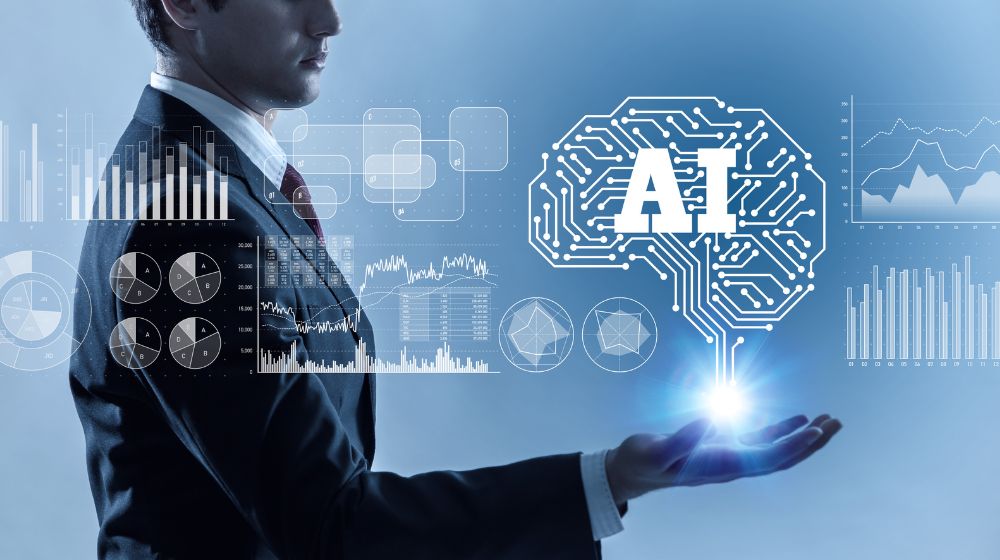
The use of AI in recruitment has a significant impact on HR professionals and job seekers. For HR professionals, automated talent acquisition frees up time and resources that can be used for more complex tasks such as assessing soft skills and cultural fit. However, it also requires a new set of skills such as data analysis and programming.
For job seekers, automated talent acquisition provides a faster and more efficient recruitment process. However, it also raises concerns about the fairness and transparency of the recruitment process. Job seekers may also feel uncomfortable with the use of AI in recruitment if they are not familiar with the technology.
Future of talent acquisition: trends and predictions for AI in recruitment
The use of AI in recruitment is expected to continue to grow in the future. Here are some trends and predictions for artificial intelligence in recruitment:
- Increased use of predictive analytics – Predictive analytics algorithms will be used to analyze large datasets to identify the key traits of successful candidates.
- Greater emphasis on candidate experience – AI tools and algorithms will be designed to provide a positive candidate experience, with a focus on personalized communication and feedback.
- Integration with other HR technologies – Artificial intelligence tools and algorithms will be integrated with other HR technologies such as applicant tracking systems, performance management systems, and learning management systems.
- Expansion of capabilities – AI algorithms will be used to analyze video interviews, social media profiles, and other forms of candidate data to provide a more comprehensive candidate assessment.
- Increased focus on diversity and inclusion – Algorithms will be designed to identify and eliminate bias, resulting in a more diverse and inclusive recruitment process.
- Greater use of chatbots and virtual assistants – Chatbots and virtual assistants will be used to provide candidates with personalized support and guidance throughout the recruitment process.
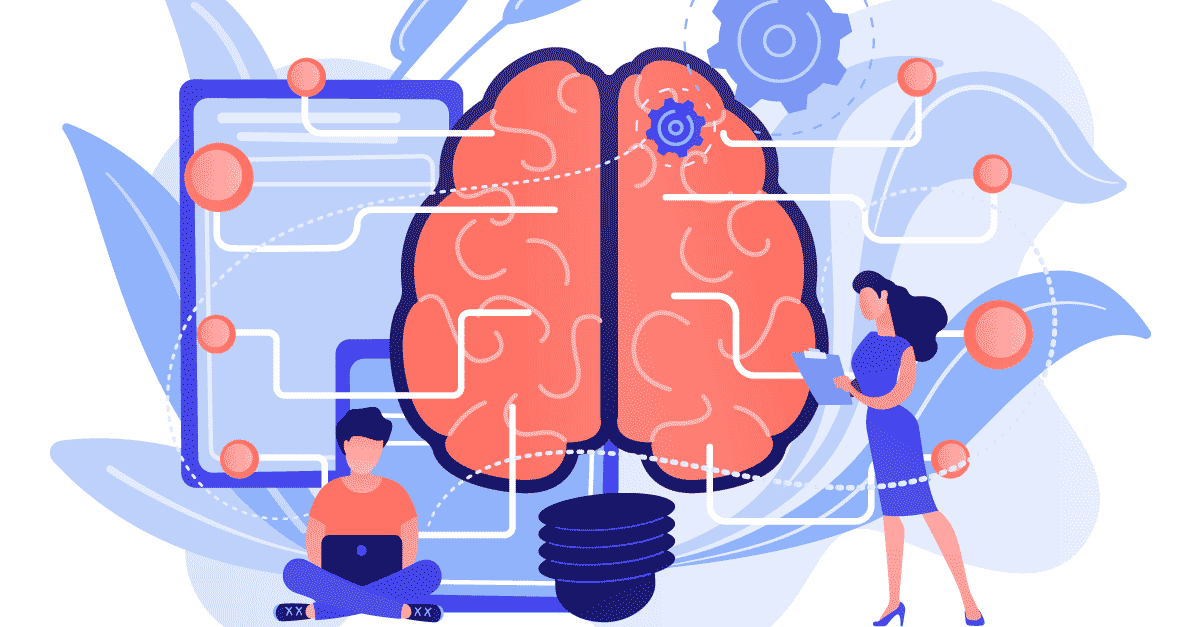
Conclusion
Automated talent acquisition has the potential to revolutionize how organizations recruit and hire new employees. The use of artificial intelligence for recruitment offers a number of advantages, from increasing hiring speed to improving applicant experience. While there are still some challenges that need to be overcome, such as ensuring accuracy and fairness in decision-making, automated talent acquisition systems offer a promising solution that can help recruiters streamline their processes and make more informed decisions when it comes to finding the best candidates for the job.








